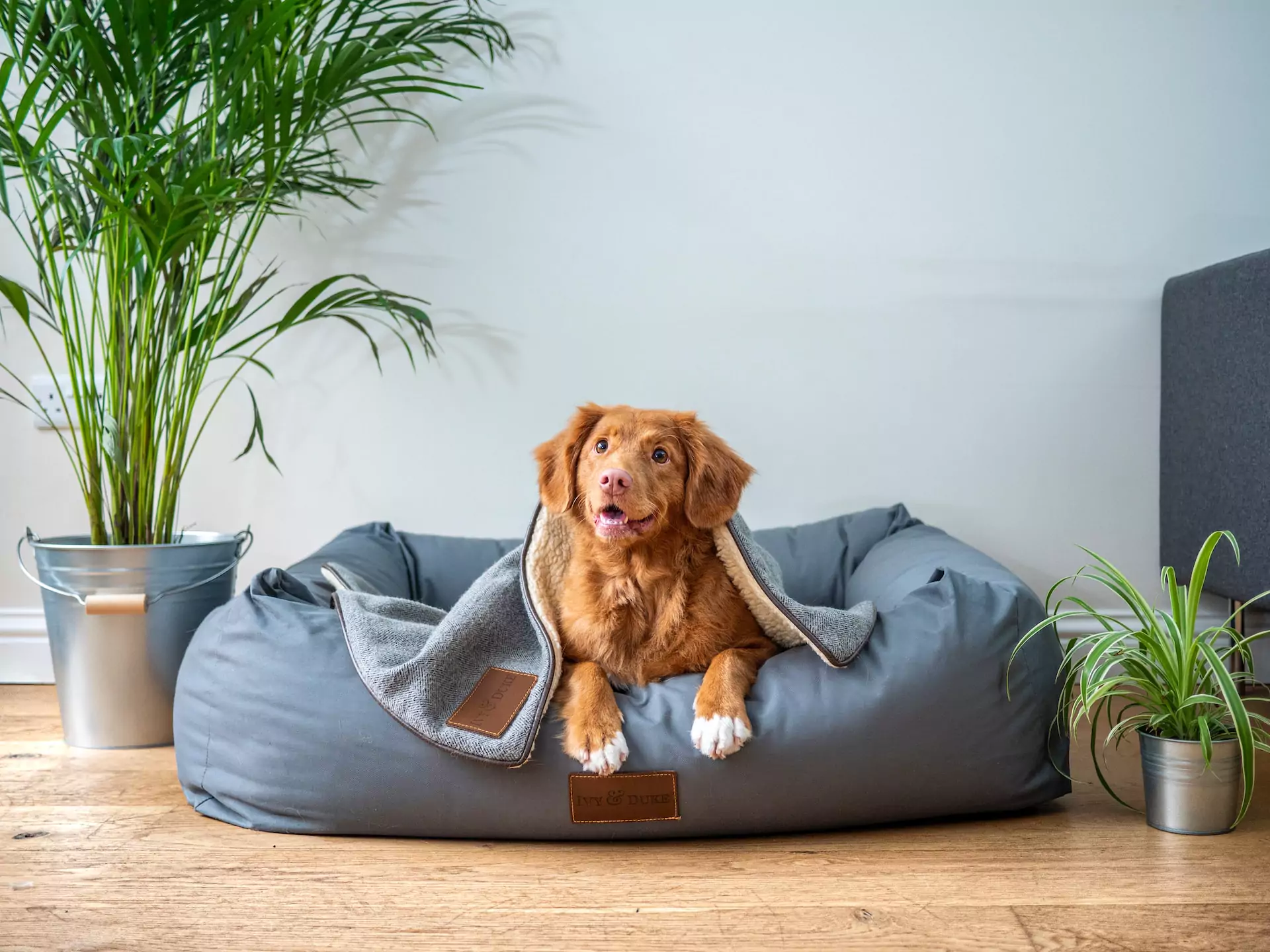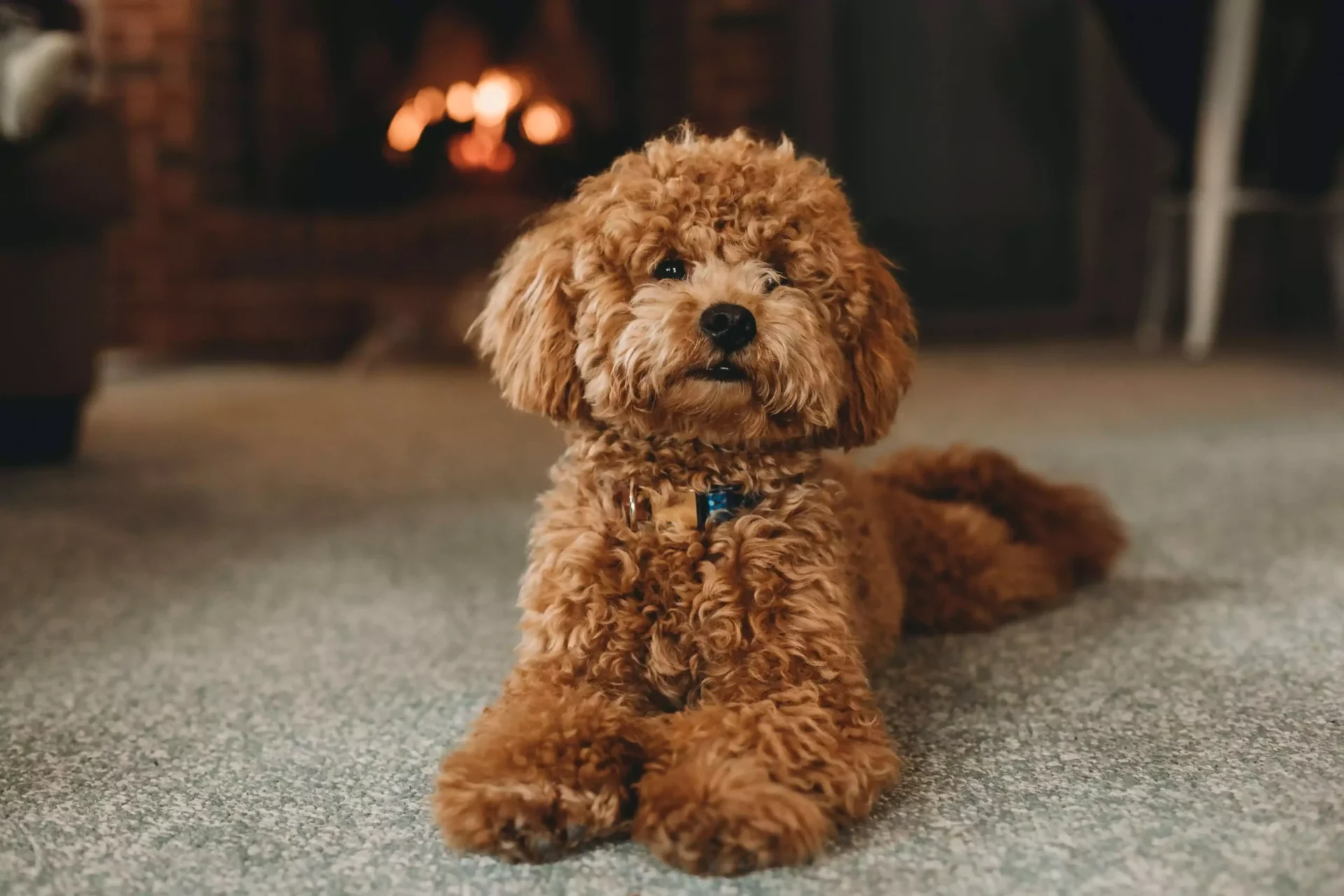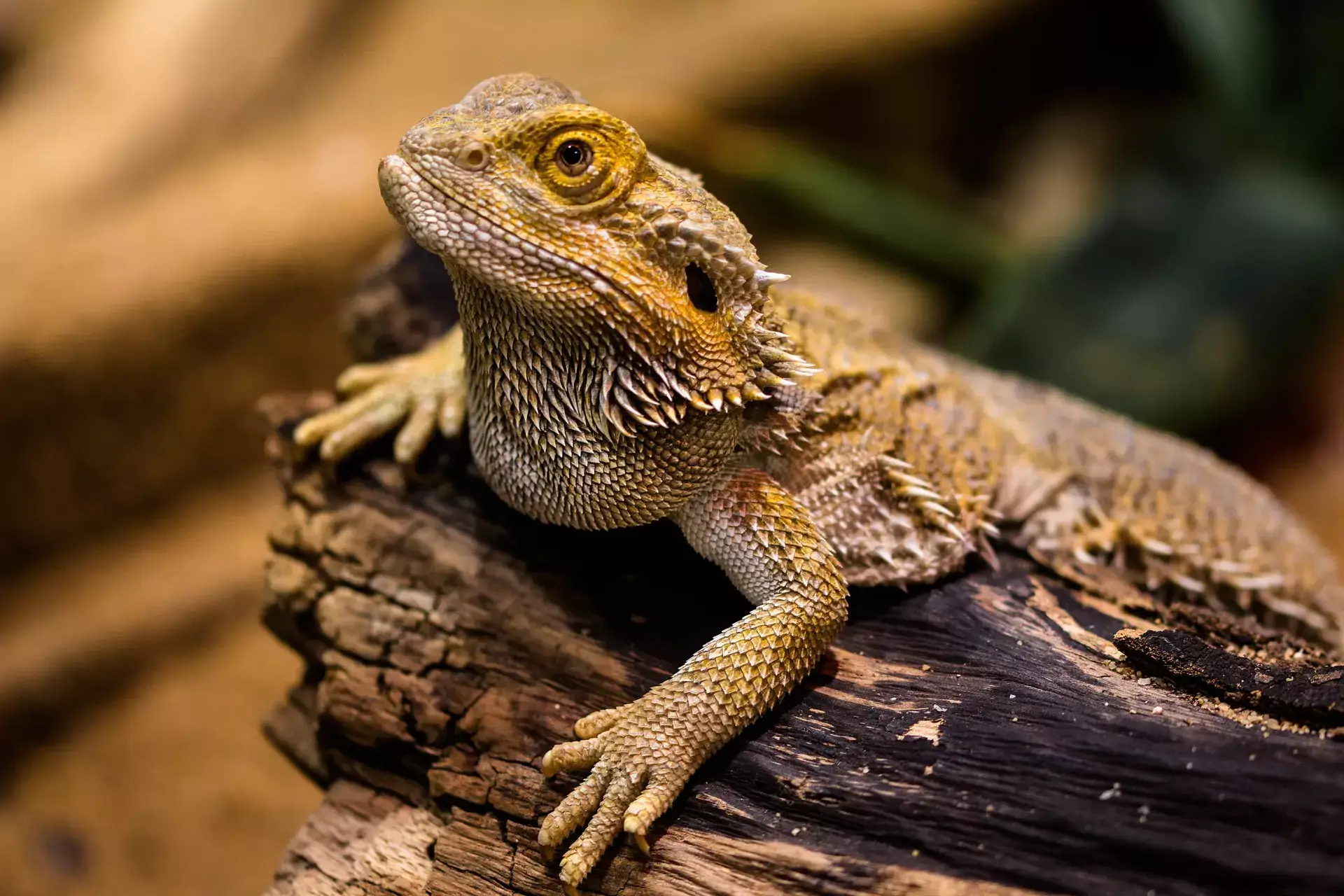Choosing A Dog – Advice From An Aldershot, ON veterinarian
Are you planning to adopt a pup soon? Congratulations! Of course, that’s a big decision. Choosing the right dog can be a daunting task, with so many adorable canines out there in need of homes. A local Aldershot, ON veterinarian offers some advice on picking the right dog below.
Start With Breed Groups
We’d probably suggest starting with the AKC. Even if you aren’t looking for a purebred, you may find the AKC site a great reference. We would recommend looking over the groups. Every breed was initially developed for a specific job or purpose. Knowing what group Fido is listed in can actually tell you a lot about his temperament.
Hound Group
Hounds were bred to help track and find game. There are different categories of hounds. Scenthounds, like the Bloodhound, track by smell, while Greyhounds go by sight. It’s worth noting that many hounds are a bit on the vocal side: several of the breeds in this group make a specific sound, known as baying.
Working Group
dogs in the working group were developed to perform specific tasks, which range from guarding livestock to pulling carts to protection. These pooches tend to be extremely smart, and are often very sturdy and strong. This group includes renowned watchdogs, such as the Doberman Pinscher and Rottweiler; livestock guardian dogs, like the Great Pyrenees; and sled dogs, like the husky. Many of these pooches are quite high-energy, but also need a lot of mental stimulation.
Herding Group
Herding group dogs had one original focus: helping their humans herd and protect cattle. This required a lot of thinking and calculation. Unsurprisingly, this group contains some of our most intelligent and active canine pals, such as the German Shepherd and Border Collies.
Sporting Group
Sporting Dogs were initially charged with helping humans with hunting, often for fetching game. Those origins are still very prevalent. For instance, the Labrador Retrievers’ love for swimming and fetching ties back to his first job: retrieving waterfowl. This group includes not only the Retrievers, but also setters and spaniels.
Terrier Group
Terriers come in many shapes and sizes, but they all share a determination for going after prey. That line of work calls for stubbornness and a bit of bravado: you can expect Fido to be playful, high energy, and courageous, as well as loving and affectionate.
Toy Group
Pups in the toy group have one job: being a cuddly companion. Many lapdogs, such as the Chihuahua, Maltese, Pekinese, Pug, Pomeranian, and Yorkie, fall into this category. Because of their small size, toy breeds are a good match for apartment dwellers.
Non-Sporting Group
The non-sporting group is basically a catch-all for pups that don’t fit into any of the other categories. That doesn’t mean that these pooches don’t have specialties. The Dalmatian, for instance, is in this group, despite his long record of being an excellent friend to horses and a great fire dog. Then there’s the Poodle, who was once a renowned circus dog, and the French Bulldog, who is now America’s most popular dog.
How Do You Know Which Dog Is Right For You?
Once you have narrowed things down a bit, start looking more closely at the remaining contenders. The AKC is also a great reference here. Every official breed has their own profile. These break down the characteristics you’ll want to consider when getting a pup.
These include the following:
- Size
- Weight
- Lifespan
- Affectionate With Family
- Good With Children
- Good With Dogs
- Shedding
- Grooming Needs
- Drooling Level
- Coat Type
- Friendliness
- Playfulness Level
- Watchdog/Protective Nature
- Trainability
- Energy Level
- Barking
- Mental Stimulation Needs
All of these are important to consider. If you’re in an apartment, or have nearby neighbors, a pup that barks at everything may cause friction with neighbors. If you like going to events and socializing, a dog that is a nervous homebody may not be a good fit.
Don’t Forget About Mutts And Rescues
We can’t forget mixed breeds, which offer the best of both—or several—worlds. In fact, the vast majority of pups in shelters are mixes. If you find a breed or breed you like, check shelters for mixes. Or, look at breed rescues.
Consider Your Deal Breakers
It’s also important to know what you don’t want in a dog. For example, if you want backyard chickens, then a pooch with a strong prey drive probably isn’t going to be a good match. If you’re planning on having kids soon, you’ll of course want a pooch that will make a good family pet, and one that’s sturdy enough to hold up to toddler’s roughhousing.
If you or your family has allergies, pup with fur that won’t cause strong reactions. Poodles, for instance, tend to be a good fit for people with allergies. (It’s worth noting that it’s the dander, not the fur, that people tend to react to. However, that’s another story.)
Do you want to eventually be able to trust Fido off leash? You’ll want a pooch that is obedient and won’t get distracted by every squirrel they see.
Consider Age
We know, puppies are ridiculously cute. Many people prefer to raise their pets themselves. This is understandable. There is a lot to be said for getting Fido when he is still very young. That said, young dogs need a lot of work and training. They’re messier than adults, especially during the housebreaking phase, and need plenty of toys and playtime. There’s also the terrible twos, or, as we sometimes call it, the terrible chews.
Age also comes into play as far as lifestyle compatibility. If you’re an active type, who wants a pet to go on adventures and hikes with, a younger dog may be a great fit. However, if you’re more laid back, and prefer staying indoors with books, crafts, or movies, then a senior may actually be a better match. In fact, there’s a lot to be said for seniors: they tend to be quite calm and friendly, they have usually outgrown destructive behavior, such as chewing, and don’t need as much activity or stimulation.
Consult Your Aldershot, ON Veterinarian
No matter what type of dog you decide on, one of the first things you’ll want to do is reach out to your Aldershot, ON veterinarian for specific care tips and advice. We can offer tips on everything from food to helping Fido get adjusted to keeping him fit and healthy.
How Do You Know What Dog Is Good For You?
Once you think you have a candidate, or a list of candidates, then the next step is to spend some time with Fido. It’s important to make that personal connection as well! We would recommend doing your shopping and petproofing before you bring the pup home.
It’s also important to leave room to just follow your heart. You don’t want to impulsively get a pup that is a complete mismatch logically. For instance, if you’re renting and your landlord only allows small dogs, then a Great Dane would of course not be the right pet. That said, it’s Fido’s personality that matters most. Spend time with your potential pet. Also, make sure you are ready, willing, and able to commit. Adoption is forever!
Do you have questions or concerns about your dog’s health or care? Contact us anytime! As your Aldershot, ON pet hospital, we’re here to help!




